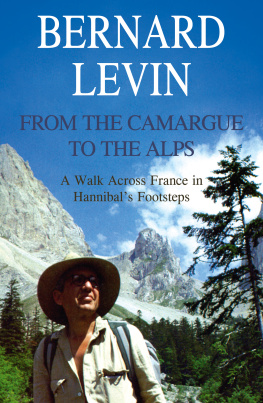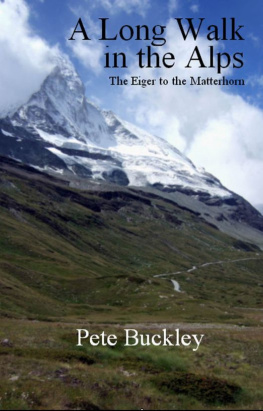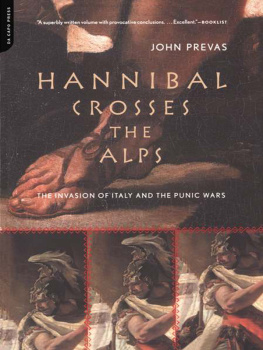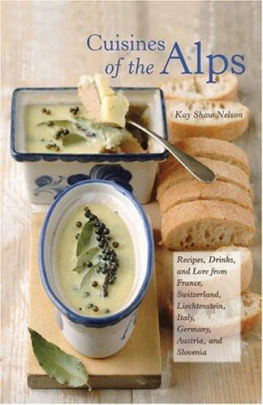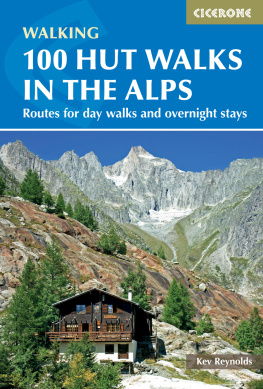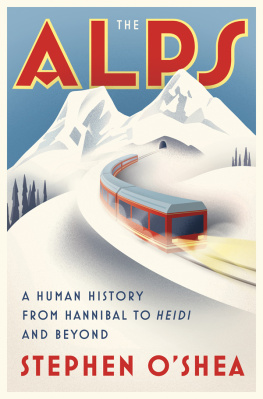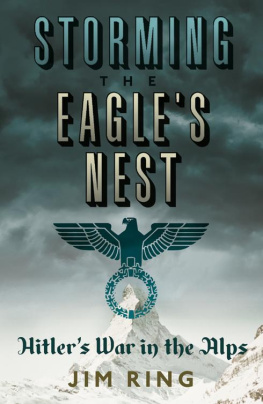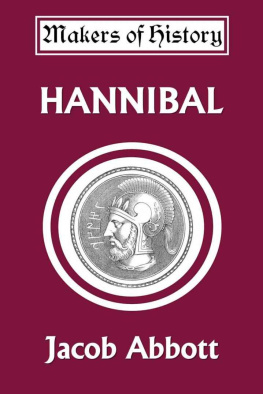Acknowledgements
MY WARMEST THANKS are due to all those who facilitated my progress through France; I must single out M. Bernard of the Syndicat dlnitiative in Gap and Mrs Pauline Hallam of the French Tourist Office in London. I am very grateful for the hospitality of M. and Mme Jacques Mousset of the Chteau des Fines Roches, and that of the Mayor of St Apollinaire; the lavish generosity of M. Jacques Pic in Valence, and the patience and helpfulness of his entire brigade , matched the quality of his cuisine. The monks of Aiguebelle, and in particular Frre Paul, were also exceptionally helpful. Captain Mimi took care of me when I embarked upon his beloved Rhne, and M. Philippe Denuncques laboured unceasingly to keep me from harm on the Col des Aiguilles.
My assistant, Sally Chichester, was once again helpful far beyond anything that I was entitled to ask of her; in addition to her usual decipherment of my horrible handwriting, she had on this occasion to decipher my tape-recorded mumblings as well, and she typed the whole of the first, longest, draft of the book amid all her other duties, finishing it without complaint less than a week before Christmas.
Once again, also, I am grateful to Brian Inglis for his sharp-eyed reading of the proofs, and Betka Zamoyska was indefatigable and ingenious with research.
I thank also Michael Shaw and Sue Freathy of Curtis Brown, my agents, for their unfailing encouragement, and Tom Maschler, my publisher, for his own sympathetic understanding, as well as his assiduous and detailed editing.
The verse by A. E. Housman on p.169 is reprinted by permission of Messrs Jonathan Cape.
The helpfulness of the team of six who made the series of television programmes accompanying this book was of a different order of magnitude altogether. I have therefore included, as an epilogue, a separate and most heartfelt tribute to them.
I wrote the book at Homewood Park, Freshford, the hotel-restaurant of Stephen and Penny Ross, where I spent much time trying to decide whether the warmth, comfort and thoughtfulness of the hotel were greater than the culinary splendours of the restaurant, or vice versa. I stayed a month, and at the end I had still not managed to answer the question; I look forward to many more visits, with or without a book to write, in which I may continue to wrestle happily with the problem, and meanwhile offer my unbounded thanks to Stephen and Penny and all their staff.
Chapter One
Camargue
The Elephant Wakes
IT BEGAN INAUSPICIOUSLY. Orly-Sud is not the most romantic of places from which to take off in search of adventure, particularly at six o clock in the morning, but that would have mattered less had it not been for the rumour, which speedily proved true, that the pilots of Air Inter had greeted the dawn by going on strike, so that it looked as though I would not be taking off at all. Joining the mob at the Information desk, I discovered that there was no Information to be had; my breakfast rendezvous in Aigues-Mortes was rapidly receding, and my adventure more rapidly still.
First, then, to telephone the news of my plight. I hurried off to the airport shop for some change, only to discover (not, alas, for the first time) why the French are not the most passionately loved of all the earths peoples. Behind both cash registers sat ladies familiar with Greshams Law and patriotically determined to prevent the collapse of the French economy through a run on the franc caused by importunate travellers seeking solid coin in place of insubstantial paper. Ah, non, we have no change; ah, oui, we know there is a strike; ah, non, we cannot think how then one may telephone. While the argument continued, a genuine customer approached, and as the till flew open, I saw in it at least a dozen paper-wrapped rolls of coins of every denomination, for change; the tricoteuses did not even blush.
The British, of course, are at their best in mutual adversity, presumably because they love adversity so much. For the Germans, the Austrians, the Dutch, the transaction would be effected without comment or surprise. The Italians would ask after your family while counting out the change, and the Americans would jostle one another for the privilege of giving you the coins. As for the Swiss, before the strike was ten minutes old they would have set up a bank of emergency telephones for stranded passengers. (The Swiss, though, wouldnt have had the strike in the first place.)
I solved the problem by buying seven newspapers, one by one, and proffering a banknote each time. As I finished telephoning, I heard shouts coming from the Information desk. A riot? A lynching? Things were definitely looking up, and I hurried off to join in the fun. There was none to be had; the excitement had been caused by the announcement that a plane would shortly be going to St Etienne. But where is St tienne?
The day wore on; occasionally a blockade-runner left, for Quimper, Prigueux, Clermont-Ferrand. More and more unsuspecting travellers were arriving for flights that no longer existed, and Orly was beginning to silt up with the lost, until it looked like one of those scenes, familiar from television news programmes, of refugees fleeing from earthquakes or persecution.
See, see! A plane is going to Toulouse. That, surely, is in the south, is it not? Or am I thinking of Toulon? All I could remember of French geography was a riddle from my youth; why are a sailors trousers like two French towns? Because they are Toulon and Toulouse; but that gave no clue to their whereabouts, besides being less funny now than I used to think it.

